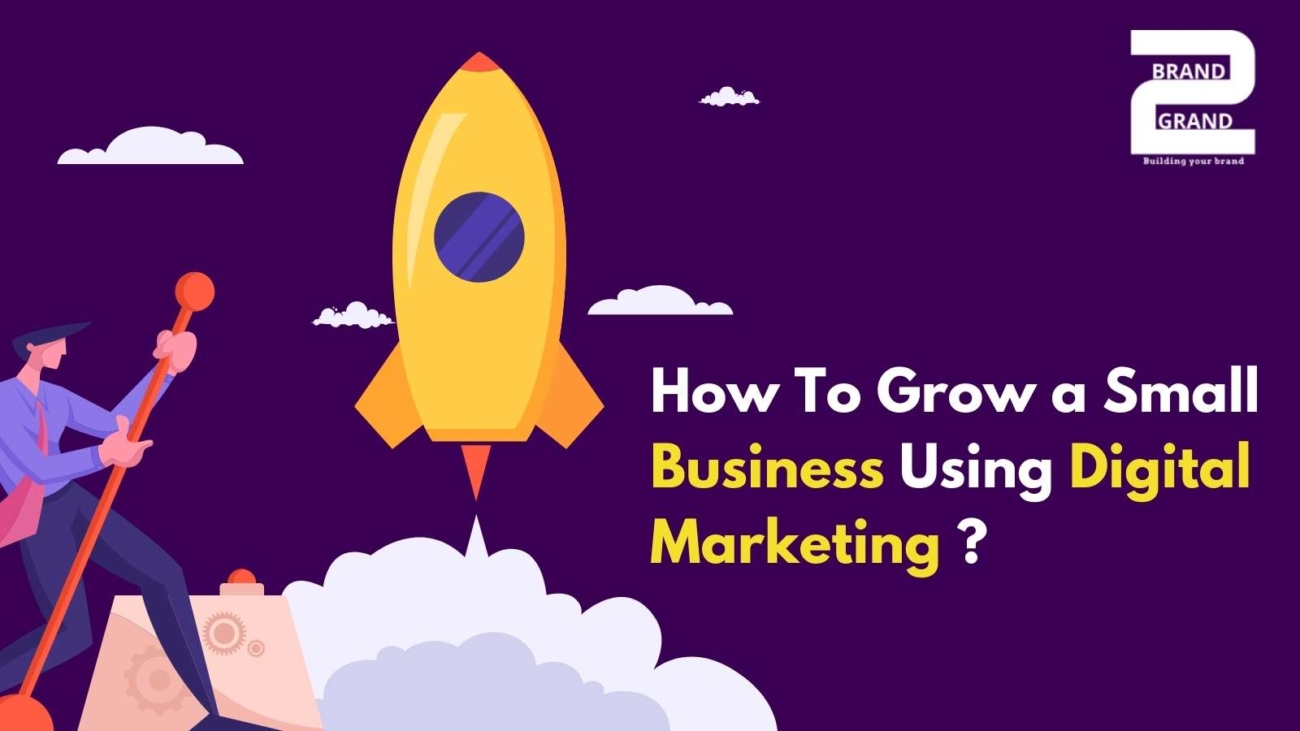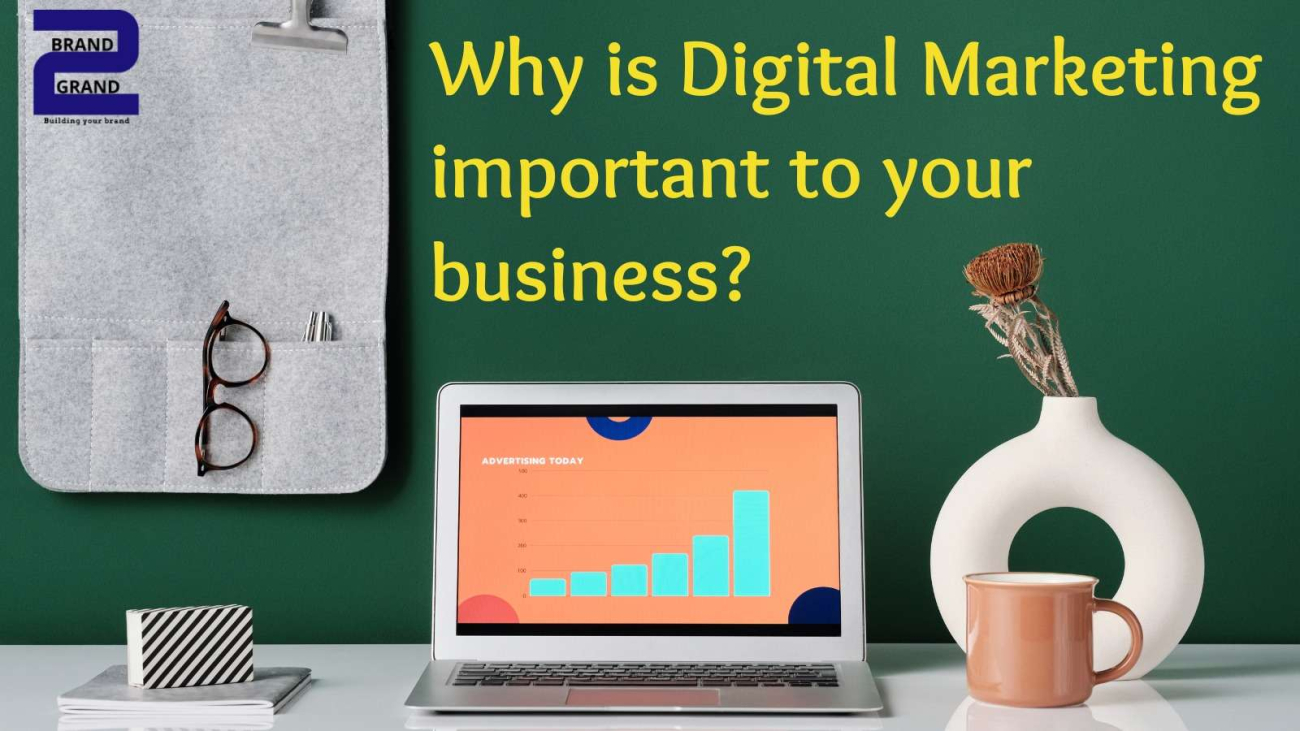Growing your email list is a valuable strategy for business growth, as it allows you to build a direct and engaged audience. Here are some easy and effective ways to grow your email list:
1. Create Compelling Content:-
– Offer high-quality, valuable content that your target audience finds useful. This can be in the form of blog posts, ebooks, whitepapers, infographics, or other resources.
2. Use Opt-In Forms on Your Website:-
– Place prominent and visually appealing opt-in forms on your website, including on your homepage, blog posts, and landing pages. Make it easy for visitors to subscribe.
3. Offer Lead Magnets:-
– Provide incentives for people to subscribe by offering lead magnets such as ebooks, guides, checklists, templates, or exclusive content. Make sure your lead magnets are relevant to your audience’s interests.
4. Implement Exit-Intent Popups:-
– Use exit-intent popups to capture visitors who are about to leave your site. Offer a special discount, content upgrade, or other incentives to encourage them to subscribe.
5. Run Contests and Giveaways:-
– Host contests or giveaways that require participants to subscribe to your email list. This can help attract new subscribers and create buzz around your brand.
6. Utilize Social Media:-
– Promote your email signup across your social media platforms. Consider using paid social media advertising to reach a broader audience.
7. Optimize Landing Pages:-
– Create dedicated landing pages for specific campaigns or lead magnets. Ensure that these pages have a clear and compelling call-to-action (CTA) to encourage sign-ups.
8. Segment Your Email List:-
– Implement segmentation to send targeted and personalized content to different segments of your audience. This can increase engagement and encourage more people to subscribe.
9. Host Webinars or Online Events:-
– Host webinars or online events and require registration. This not only provides value to your audience but also helps grow your email list with engaged participants.
10. Collaborate with Others:-
– Partner with influencers, other businesses, or industry experts for joint promotions or co-hosted events. This can expose your brand to new audiences and encourage sign-ups.
11. Use Referral Programs:-
– Implement referral programs where current subscribers can refer others to join your email list. Incentivize both the referrer and the new subscriber for maximum impact.
12. Optimize Email Sign-Up Forms:-
– Keep your sign-up forms simple, with only essential fields. A lengthy form can discourage people from subscribing. Test different form placements and designs to see what works best.
13. Offer Exclusive Discounts:-
– Provide exclusive discounts or early access to products/services for subscribers. This can be a powerful incentive for potential customers to join your email list.
14. Collect Emails Offline:-
– If you have a physical store or attend events, collect email addresses offline. Use tablets or sign-up sheets to capture contacts and later add them to your email list.
15. Encourage Forwarding and Sharing:-
– Include social sharing buttons in your emails and encourage subscribers to forward your emails to friends or colleagues who might be interested.
Remember to comply with data protection regulations and obtain explicit consent from subscribers before sending marketing emails. Consistently providing value and respecting your subscribers’ preferences will help you maintain a healthy and engaged email list over time.
How to grow a small business using digital marketing?
Growing a small business using digital marketing involves leveraging online channels and strategies to reach a broader audience, increase brand awareness, and drive customer engagement. Here’s a comprehensive guide on how to grow a small business using digital marketing:
1. Build a Strong Online Presence:-
– Website Optimization: Ensure your website is user-friendly, mobile-responsive, and optimized for search engines (SEO).
– Google My Business: Claim and optimize your Google My Business listing for local visibility.
2. Define Your Target Audience:-
– Identify your ideal customers and create buyer personas to tailor your marketing efforts accordingly.
3. Content Marketing:-
– Create valuable and relevant content to showcase your expertise and attract your target audience.
– Blogging, videos, infographics, and ebooks can all contribute to a robust content marketing strategy.
4. Social Media Marketing:-
– Choose social media platforms where your audience is active.
– Develop a content calendar and share a mix of promotional and engaging content.
– Utilize paid advertising on platforms like Facebook and Instagram.
5. Email Marketing:-
– Build and segment your email list for targeted communication.
– Implement personalized and automated email campaigns.
– Offer exclusive promotions and incentives to subscribers.
6. Search Engine Optimization (SEO):-
– Optimize your website for relevant keywords to improve search engine rankings.
– Create quality backlinks and regularly update your content.
7. Paid Advertising:-
– Use Google Ads for targeted search engine advertising.
– Consider social media advertising on platforms like Facebook, Instagram, and LinkedIn.
8. Leverage Local SEO:-
– Ensure accurate business information across online directories.
– Encourage customer reviews and respond promptly to feedback.
9. Mobile Optimization:-
– Optimize your website and content for mobile users.
– Consider mobile advertising options for reaching a broader audience.
10. Influencer Marketing:-
– Collaborate with local influencers or micro-influencers in your industry.
– Leverage influencer partnerships for product/service promotions.
11. Analytics and Data Tracking:-
– Use analytics tools to track website traffic, user behavior, and marketing campaign performance.
– Analyze data to make informed decisions and optimize your strategies.
12. Customer Engagement:-
– Actively engage with your audience on social media and respond to comments and messages.
– Encourage user-generated content and customer testimonials.
13. E-commerce Integration (if applicable):-
– If your business involves selling products, consider setting up an online store.
– Optimize the checkout process and offer secure payment options.
14. Partnerships and Collaborations:-
– Explore partnerships with other local businesses for cross-promotions.
– Collaborate with influencers or industry experts for joint initiatives.
15. Customer Retention Programs:-
– Implement loyalty programs and offer exclusive deals to repeat customers.
– Regularly communicate with existing customers through newsletters and updates.
16. Stay Updated and Adapt:-
– Stay informed about industry trends and emerging digital marketing strategies.
– Continuously adapt your approach based on performance metrics and changing market dynamics.
Remember that consistency is key in digital marketing. Regularly monitor your efforts, analyze data, and make adjustments to optimize your strategy over time. Digital marketing is an ongoing process that requires adaptation and refinement based on your business goals and the evolving digital landscape.
Why is digital marketing important to your business
In today’s dynamic business landscape, digital marketing has become an indispensable tool for businesses. This blog post aims to explore and highlight the importance of digital marketing in driving business growth and success. We will define digital marketing, underscore its significance in the modern business landscape, and provide an overview of the blog post’s structure.
I. Increased Online Visibility
With the shift towards online consumer behavior, establishing a strong online presence is crucial. We will delve into how digital marketing helps businesses increase their online visibility, enabling them to reach a wider audience and foster brand recognition. Real-life examples of successful online visibility through digital marketing efforts will highlight the potential for growth and success.
II. Targeted Audience Reach
One of the key advantages of digital marketing is its ability to reach specific target audiences. We will explore how businesses can tailor their marketing messages to resonate with the intended audience, resulting in higher engagement and conversions. Case studies will demonstrate the effectiveness of targeted digital marketing campaigns in driving desired actions from the target audience.
III. Cost-Effectiveness
Digital marketing offers a cost-effective alternative to traditional marketing methods. We will compare the costs of digital marketing to traditional marketing, showcasing the potential for maximizing return on investment (ROI) through digital marketing strategies. Real-life examples of cost-effective digital marketing campaigns will illustrate how businesses can achieve remarkable results within budget constraints.
IV. Measurable Results and Analytics
Digital marketing provides businesses with valuable data and analytics. We will explore the importance of tracking and measuring the success of marketing campaigns, enabling businesses to make data-driven decisions and optimize their marketing efforts. Furthermore, we will emphasize how data-driven insights inform future marketing strategies, leading to continual improvement and growth.
V. Enhanced Customer Engagement
Digital marketing allows businesses to create personalized experiences that engage customers on a deeper level. We will explore the use of interactive content, tailored messaging, and personalized campaigns that resonate with the target audience. Case studies will demonstrate how effective customer engagement through digital marketing efforts leads to improved customer retention and loyalty.
VI. Improved Customer Targeting
Digital marketing empowers businesses to collect valuable customer data for targeted marketing efforts. We will discuss the importance of understanding customer preferences, behaviors, and buying patterns through digital marketing strategies. By applying these insights, businesses can refine their marketing strategies and optimize customer targeting for better results.
VII. Adaptability to Changing Trends
The digital landscape is dynamic, constantly evolving with emerging trends and technologies. We will explore how digital marketing enables businesses to adapt and stay ahead of the competition. We will discuss the importance of agility and proactive strategies in embracing new trends and technologies, showcasing the potential for continuous growth and success.
VIII. Brand Building and Reputation Management
Digital marketing plays a crucial role in establishing a strong online brand presence. We will discuss how businesses can effectively manage and enhance their brand reputation in the digital space. We will explore the utilization of social media and content marketing to build brand authority and foster trust among the target audience.
IX. Enhanced Business Growth and Success
Digital marketing has a significant impact on business growth and success. We will emphasize how digital marketing strategies contribute to expanding customer reach, increasing conversions, and ultimately driving business growth. Case studies will showcase how businesses have achieved remarkable results through effective digital marketing campaigns.
X. Conclusion
In conclusion, digital marketing is vital to the success of businesses in the digital age. By harnessing the power of digital marketing, businesses can increase their online visibility, reach their target audience more effectively, achieve cost-effective results, and build long-term customer relationships. We encourage businesses to prioritize digital marketing strategies and leverage its immense potential for growth and success. As the digital landscape continues to evolve, businesses must adapt and embrace digital marketing to remain competitive and thrive in the future.
Why Digital Marketing Important for Business?
Search engine optimization, also called SEO (Digital marketing), refers to the method of improving visibility of a website in a search engine, often using different methods of manipulating a search engine’s algorithm so that the search engine directs searchers that use certain keywords to their website. This article can help you understand the concept of search engine optimization and apply it to your purposes.
Many people still make the mistake of thinking that all they need to do in SEO (Digital marketing) is to cram as many keywords as possible onto their homepage. Not so. While it is important that your homepage contain some keywords, it’s also critical to make sure you have keywords sprinkled throughout your site, since all pages that link to a homepage ultimately count towards its search ranking.
Insert your keyword into any summaries you give when providing backlinks. Use the most compelling phrases and don’t forget a call to action in those summaries, but it’s crucial to include your keyword. Not just for the reader, but for the search engines, who are continuously searching for clues about relevant content.
To search engine optimize your website, avoid using navigation menus that utilize JavaScript, forms or CSS. These types of navigation menus can’t be crawled by search engine spiders. If you must use one of these types of navigation menus, be sure to duplicate your site navigation, as normal hyperlinks, in the footer of each page.
The importance of linking out can not be overstated. Creating a resource page that carries weighted links to related sites that are rich with keywords and phrases carry extra weight with search engines. Make the extra effort to garner these resource links to increase the weight and improve the ranking.
Check your bounce rate and lower it as much as possible. Your bounce rate is how quickly someone clicks into your site and then leaves. Search engines interpret a high bounce rate as a signal that your website was not helpful when searching on that keyword. This damages your standing in the SERPS.
Submit your site to major search engines. This may seem like it is an obvious step, but many site owners believe that a search engine will link to you if someone searches a certain keyword. While this may be true, you may not be the first on the list, or even on the first page. Optimize this strategy by paying a small fee to the search engine, and get your site on top of the results.
As revealed earlier in the article, search engine optimization is simply a calculated method of directing people that are searching for a keyword on a search engine marketing company, so that they end up with your website showing up as one of the top results found. By understanding and applying the information here, you can maximize the traffic and visibility of your website.
Brand 2 Grand Is known for giving the Best Services Digital marketing, Social media marketing, Google Adword, Web Design & Development Service with Great Results that too with full customer satisfaction. Building Your Brand
Brand 2 Grand is Best Digital marketing Company in Located Gurgaon Haryana




